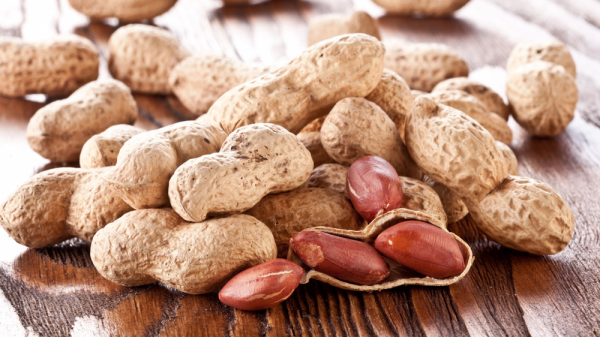In this study, researchers from Virginia Polytechnic Institute and State University explored the potential influence of curriculum, frequency of practice, and dietary quality on the health of tai chi and qigong practitioners. The results of their study were published in The Journal of Alternative and Complementary Medicine.
- The researchers used an online survey to conduct a theoretical and cross-sectional study.
- They collected data on health-related quality of life, diet, and tai chi practice regimens from a volunteer sample of tai chi practitioners from across the U.S. This included practitioners aged 24 to 83 with more than four years of tai chi experience.
- They analyzed the relationships between self-reported health, diet, experience, practice frequency, and curricular complexity.
- The researchers reported that the practitioners’ health status did not show the typical negative association with age but was positively associated with complex curricula, practice, and high-quality diets.
- They also found significant interaction effects between curricular complexity and additional practice, and curricular complexity and diet.
Based on their findings, the researchers concluded that intervention designers, tai chi teachers, and practitioners need to consider the potential influence of curricula, out-of-class practice, and healthy diets for optimizing health-related gains and minimizing age-related losses in interventions and community-based programs.
Journal Reference:
Komelski MF, Blieszner R, Miyazaki Y. CURRICULUM, PRACTICE, AND DIET PREDICT HEALTH AMONG EXPERIENCED TAIJI AND QIGONG PRACTITIONERS. The Journal of Alternative and Complementary Medicine. 2016;22(2):154–159. DOI: 10.1089/acm.2015.0071
Share this content:















Post Comment